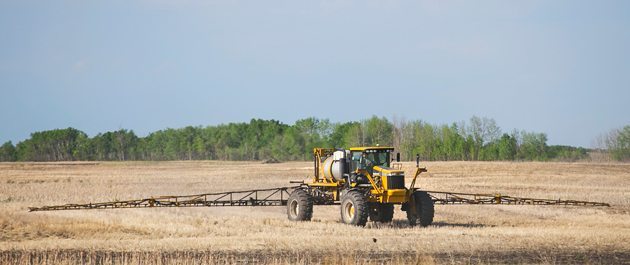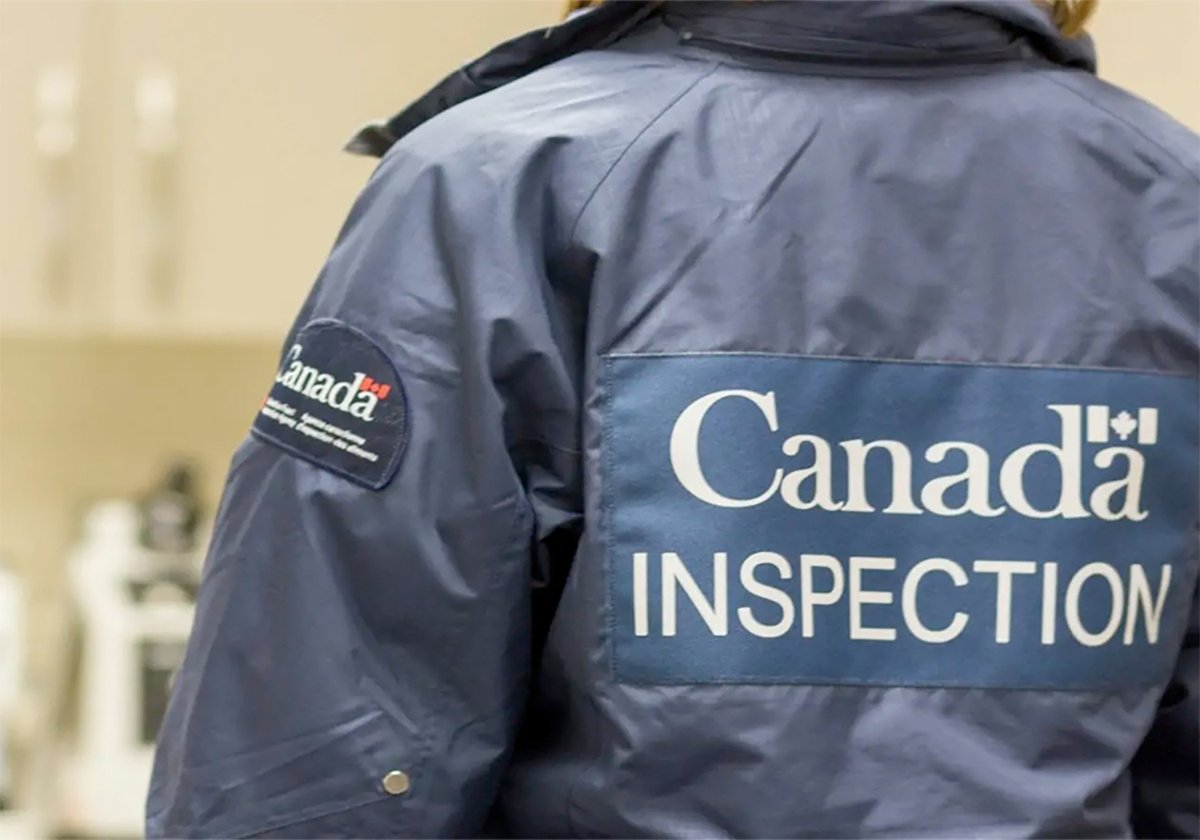The World Health Organization is expected to release a report early next week that could alter public perception of 2,4-D.
Members of the International Agency for Research on Cancer (IARC), a division within WHO, met from June 2–9 in France to review the cancer risk associated with 2,4-D, the oldest and still one of the most widely used herbicides in the world.
IARC provoked global headlines and substantial controversy in the scientific community this spring when it said glyphosate is probably carcinogenic to humans. Glyphosate is the active ingredient in Roundup and is used more than any other weed killer in the world.
A number of toxicologists and pesticide experts challenged IARC’s new classification for glyphosate, noting it contradicts established science and the findings of regulatory agencies in the United States, Germany, Canada and dozens of other countries.
The scientific protests didn’t prevent a loud and sustained public relations backlash against glyphosate.

Reuters reported in April that the U.S. Environmental Protection Agency might recommend testing food for glyphosate residues because the American public is more concerned about the safety of the herbicide.
In early June, France’s environment minister said she asked garden stores in the country to stop selling Roundup because it’s potentially harmful to humans.
The Industry Task Force II on 2,4-D Research Data, a collection of academics, government and agriculture industry representatives, have been preparing for the IARC decision for several weeks, or possibly months.
Their website features a number of articles and videos explaining that regulatory bodies, in more than 90 countries, have concluded that 2,4-D is safe.
In one of the videos, Katherine Von Stackelberg, a Harvard scientist and chair of the EPA’s Board of Scientific Counselors, a group that provides expert advice to the EPA, said few products have been studied as much as 2,4-D, a herbicide developed in the 1940s.
Read Also

B.C. ostriches now to be culled after ruling: CFIA
Birds are now to be culled from a British Columbia ostrich operation that sought to bypass standard federal practice in on-farm outbreaks of highly pathogenic avian influenza and has been denied an appeal at Canada’s highest court.
“Most chemicals haven’t been looked at in as great of a detail, as 2,4-D has,” she said. “It really can’t be considered a carcinogen. I don’t think the regulatory agencies definitively consider it a carcinogen either.”
Contact robert.arnason@producer.com















